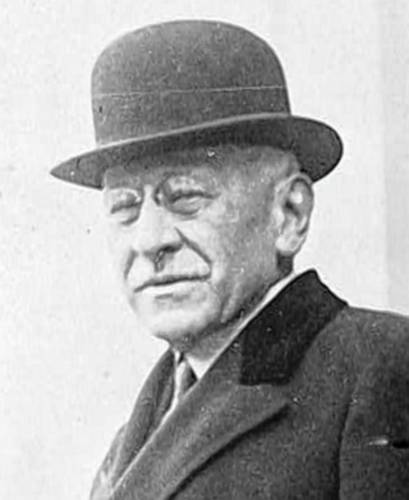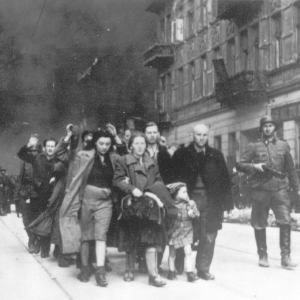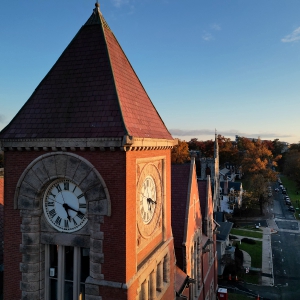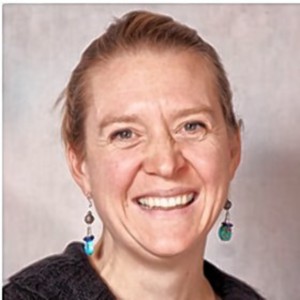Guest columnist Martha Hanner: Spirit of philanthropy can uplift so many others

Julius Rosenwald WIKIPEDIA
| Published: 03-24-2024 2:16 PM |
In response to the guest opinion, “When giving is only false charity” [Gazette, Feb. 27], may I offer an inspiring example of tzedakah, the Jewish tradition of giving as a moral obligation, done with gratitude and humility.
Julius Rosenwald (1862-1939) was the son of German Jewish immigrants who had come to America to escape the rising persecution of Jews in Europe. From his modest beginnings, with his good business judgment, he eventually rose to become president of Sears, Roebuck Co. just as it began to prosper.
Within a few years, he became very wealthy. Rosenwald saw the treatment of Blacks in America as analogous to the treatment of Jews in Europe and wanted to use his new wealth to help improve their lives. He established the Rosenwald Fund, dedicated to “the well-being of mankind.”
In the early 1900s, most Black children in the rural South had almost no access even to basic schooling. The few segregated schools were run-down and poorly equipped and the white school boards provided only token funding.
At the urging of Booker T. Washington, Rosenwald resolved to use his funds to build schools for Black children in rural areas. The schools were simple, sturdy 1-2 teacher schools, with tall windows for lighting (no rural electricity yet). To sustain the schools, Rosenwald required matching funds from the community and payment of teacher salaries by the white school district.
In 20 years, schools were built over 20 years across 15 southern and border states. The schools continued to operate well into the 1950s and often served as community centers as well. More than 660,000 rural Black children received their basic education in Rosenwald schools. Many went on to historically black colleges and universities and became teachers themselves.
Famous graduates included John Lewis, Maya Angelou, Medgar Evers, and filmmaker Gordon Parks.
Requiring direct community involvement in financing and building the schools fostered a sense of civic pride and responsibility that also helped lay the basis for organization and participation in the early civil rights movement. About 500 school buildings remain today. There are ongoing efforts to preserve them and to create a national park.
Article continues after...
Yesterday's Most Read Articles
Rosenwald was against a self-perpetuating fund. His will explicitly directed that the fund should be spent down and discontinued. Fellowships were awarded to almost 1,000 promising writers, artists, and scholars before the fund closed in 1948.
One of Rosenwald’s sayings: “All the other pleasures of life seem to wear out, but the pleasure of helping others in distress never does.”
Martha Hanner is an astronomer intrested in all things cosmic. She lives in Amherst.

 Richard S. Bogartz: What the ghosts of Warsaw Ghetto know
Richard S. Bogartz: What the ghosts of Warsaw Ghetto know Guest columnist Dr. David Gottsegen: Age issue not so key as question of marbles
Guest columnist Dr. David Gottsegen: Age issue not so key as question of marbles Guest columnist Ali Wicks-Lim: Racism is in our way
Guest columnist Ali Wicks-Lim: Racism is in our way Columnist Johanna Neumann: Halfway there — 2023 a year for major green projects in Amherst
Columnist Johanna Neumann: Halfway there — 2023 a year for major green projects in Amherst